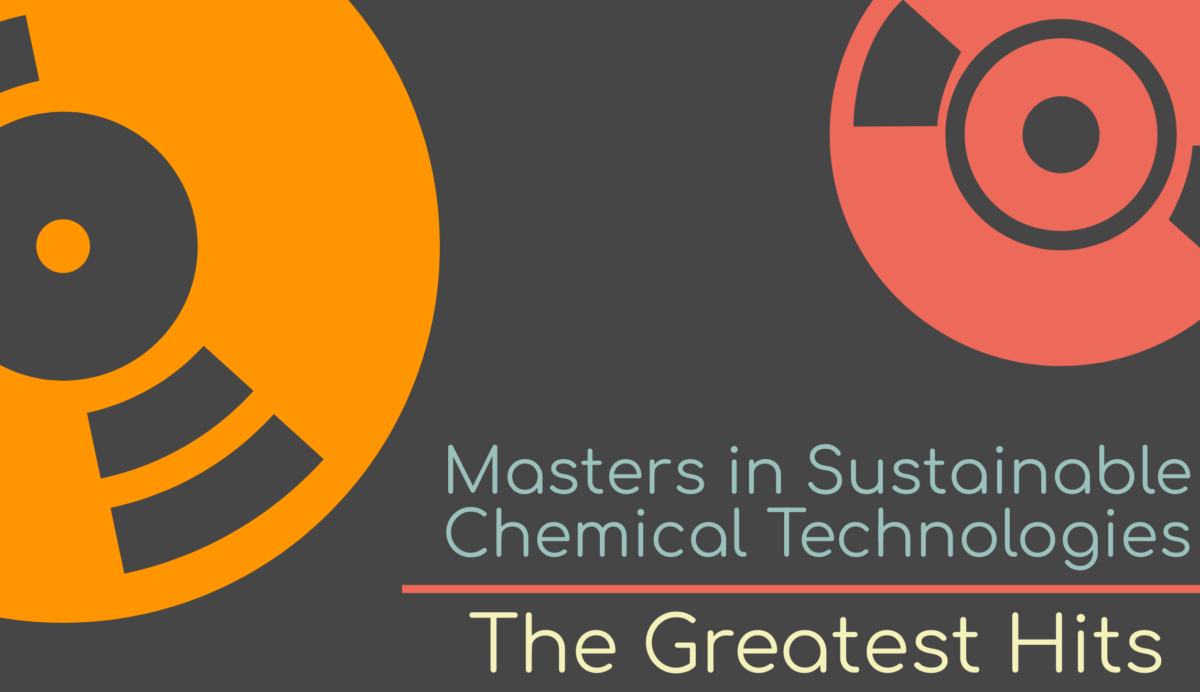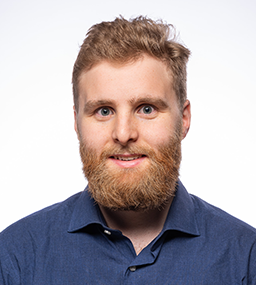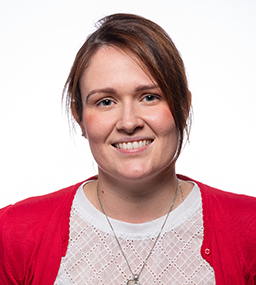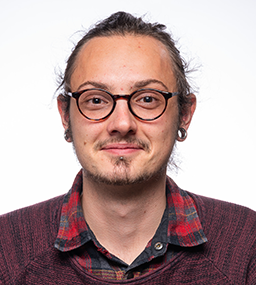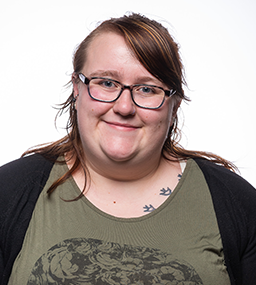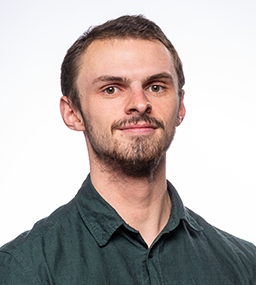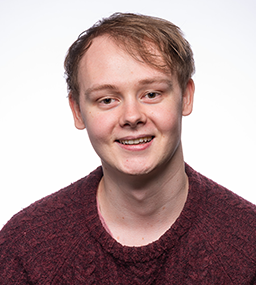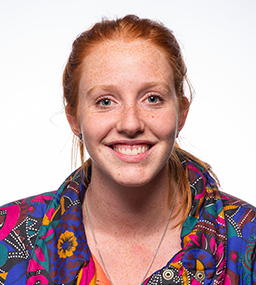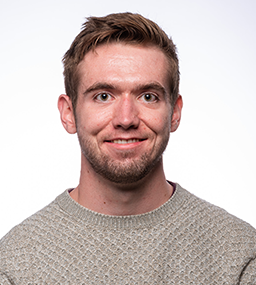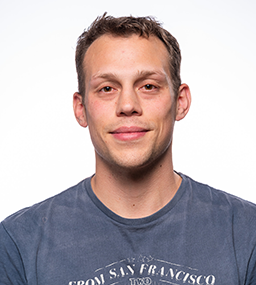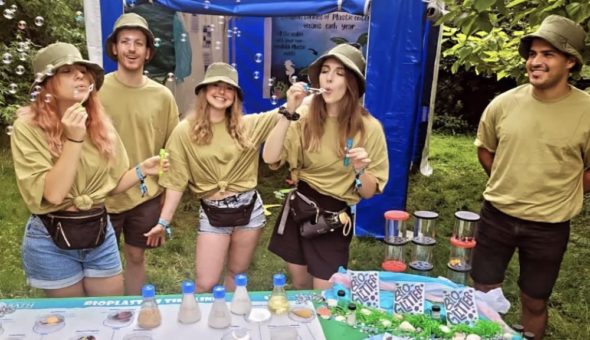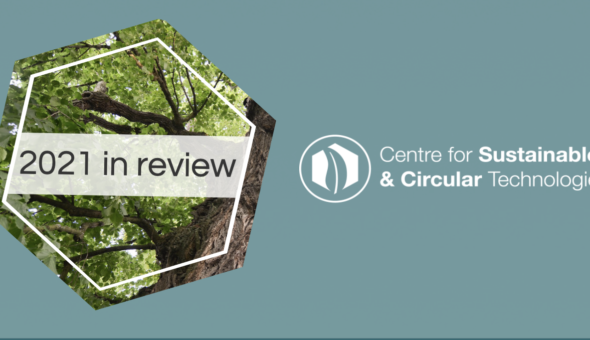On 11 December 2019, we (CSCT cohort ‘18) officially received our Masters in Sustainable Chemical Technologies and we’d like to take a moment to reflect on the past year. The program at the CSCT has given us a family away from home, an opportunity to explore new areas of science, and a chance to develop as researchers and people. When posed with the question “What did you use the MRes for?”, here’s what a few of us had to say:
“In my time in industry, prior to joining the CSCT, I noticed that there were some scientific techniques that were enormously useful and highly desirable to employers, but very difficult to gain initial experience in while in work. Among these were basic microbiology skills, working with DNA and the use of a range of different chemical analytical techniques. I saw the MRes projects as an opportunity to become competent in these areas. This meant that each project had a steep learning curve of new techniques, but I’m sure the skills I gained as a result will continue to create opportunities for me long into the future. In the short term, I will put these experiences to good use in my PhD, in which I plan to quantify viral RNA in wastewater using a variety of chemical and microbiological techniques.” - James Boxall-Clasby
"I had never even considered doing a PhD until I saw a news piece a few years back about the BIOBEADS project being carried out at the CSCT. I then realised how interesting and relevant the research in the CSCT is. After ten years working as a biomedical scientist, I decided I needed to go back to education and upskill, so the multidisciplinary programme in the CSCT was the place for me. The MRes was a tough year with a very steep learning curve — I hadn’t taken chemistry modules since 2006 and had never even heard of computational chemistry — but ultimately it has been very rewarding and my skillset has dramatically improved. Being a student at the CSCT has been an incredible journey so far, made easier by the help of my lovely and supportive classmates. Roll on the PhD!" - Sandra McHugh
"Personally, I used the MRes year to focus on two things. Firstly, to try to achieve a large-scale view of sustainability, whilst also trying to understand the biggest problems that face the modern world. Secondly, to learn some new techniques that I could take forward to my PhD project, since being able to pursue two different research projects (in different fields) during the MRes was a fantastic opportunity for this. Overall, it was one of the most rewarding years of my life — both professionally and personally. The people in my cohort quickly became some of the best friends I've ever had, and I met tons of amazing people. Thank you CSCT!" - Piers Townsend
"I used the MRes year as a way to get to know potential PhD supervisors. I chose projects working with academics with very different supervising styles, in very different fields. My first project was with a supervisor who had a very hands-on approach, working on an inorganic chemistry project that utilised techniques that I had used previously in my undergraduate. My second project was working with a more hands-off supervisor, on a project that was a cross between mechanical engineering and microbiology – neither of which I had any experience in. In the end, I really enjoyed working with both of the academics and their different styles, so when I started my PhD the two of them became part of my supervisory team. The main focus of my PhD project is still air-sensitive inorganic chemistry, but with the opportunity to branch out into mechanical engineering again, which I am very much looking forward to." - Laura English
"Prior to joining the CSCT, my previous research experience was as a synthetic organic chemist, which allowed me to gain a plethora of skills as a scientist. The CSCT, however, offered me the opportunity to not only develop as a scientist but also re-develop how a research field can be approached. The MRes year at the CSCT saw me far outside of my comfort zone; working on the development of novel statistical approaches to allow scientists to quickly determine the best material for the job! I've only began to scratch the surface of this exciting new field, but the level of training is certainly something I would never have had the chance to receive outside of the CSCT. Roll on the PhD!" - Calum Hand
“I saw the two MRes projects as a perfect opportunity to explore areas of research that I had little practical experience in but knew I would find exciting and interesting to explore. For example, I found the concept of combining multiple drugs within the same crystal to create a greater therapeutic effect fascinating. However, I ultimately could not resist returning to the chemistry lab. Despite the sometimes-numerous trials and tribulations of air-sensitive chemistry, it is a very rewarding experience to isolate something new without it ever coming into contact with air.” - Andy Brooks
"My main motive behind taking the MRes course was to develop the knowledge that I had gained in my undergrad degree and apply it practically in a research project. Having the chance to undertake two research projects meant that I could explore areas of chemistry that were out of my comfort zone, which resulted in a PhD that is completely different to what I had originally planned! After taking a year out from my studies, I also wanted a course that would help me both recollect previous knowledge and allow me to specialise into sustainable chemical fields. The most unexpected benefit of the course was making a really amazing core group of friends from my cohort — something you could only get from a CDT course. And the best part is that we are all staying in Bath for our PhDs." - Rachael Andrews
“My route into the CSCT was through a desire to understand how we can utilise materials and their properties — something that piqued my interest during my master’s degree. I’d previously only approached this problem from behind the safety of a desk — modelling chemical structures on big computing clusters buried in air-conditioned basements. The MRes let me try out how material-focussed chemistry flowed in the lab and I really enjoyed it. Watching something you’ve made crystallise into a lovely mirror finish is very satisfying. For my PhD, I’m combining the best bits of both approaches — lab-based materials development backed up by computer number crunching.” - Matt Cowley
“I split my MRes projects between two research areas: one that originally drew me back to the CSCT and that I felt very comfortable in, and one that honestly scared me when I read the project description. As a ChemEng graduate returning from industry, I’d never even heard of computational chemistry before joining the CSCT. Jumping head-first into an MRes project in comp chem was a crash course in a completely new technique that I thoroughly enjoyed and gained a huge appreciation for. Ultimately, I ended up returning to my biomass processing routes for the PhD, but the brief flirtation with comp chem introduced me to new tools and techniques that I can apply in my PhD, as well as new ways of planning my research and data management.” - Ed Jones
In the MRes, chances to learn new skills and be exposed to new ideas were aplenty, and our experiences will cause us to keep seeking out new opportunities in the future. But the course was more than just our time in the lab, or in front of a laptop or a projector screen. It gave us both a stable launchpad to jump into the world of postgraduate research and a bunch of friends for life — something for which we are very grateful.
Since we are also the last cohort to take part in this MRes programme, we thought it would be apt to have a collection of some of the best bits, or greatest hits, of the course.
Respond
